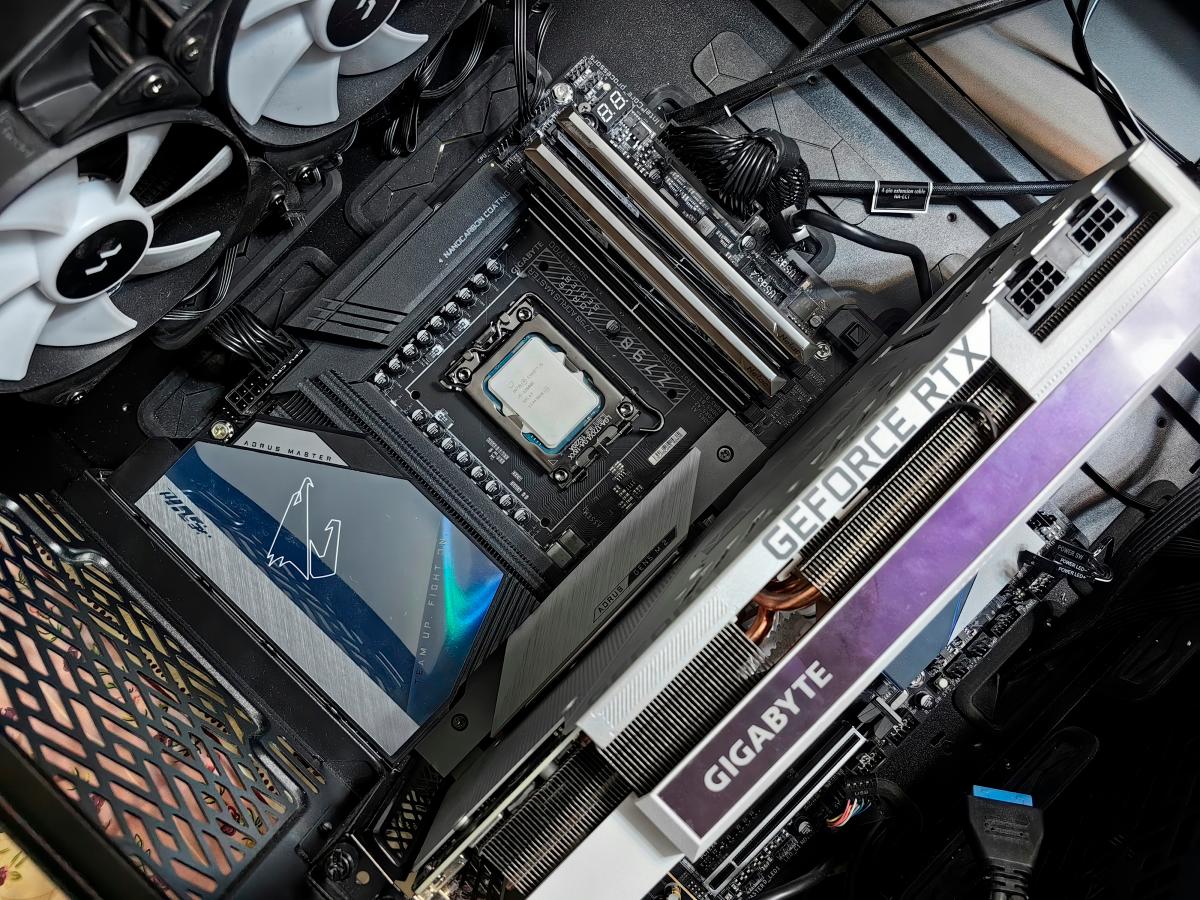TAIPEI: Shipping Nvidia’s H20 chips to China was “great” for Beijing and Washington and not a security threat, the tech giant’s chief said yesterday.
The California-based company produces some of the world’s most advanced semiconductors, but is barred from sending its most cutting-edge chips to China amid Washington’s concerns they could be harnessed to boost Beijing’s military capabilities.
Nvidia developed the H20 – a less powerful version of its AI processing units – specifically for export to China.
That plan stalled when the Trump administration tightened export licensing requirements in April.
The H20 was “not a national security concern”, Jensen Huang told reporters in Taipei, describing the chip as “great for America” and “great for the Chinese market”.
Huang insisted there were “no security backdoors” in the H20 chip allowing remote access, after China summoned company representatives to discuss security issues.
“We have made very clear and put to rest that H20 has no security backdoors, there are no such things, there never has, and so hopefully the response that we’ve given to the Chinese government will be sufficient,” Huang said.
He sidestepped a question about reports that Nvidia would pay the US 15% of its revenues from the sale of H20 chips to China, which US President Donald Trump confirmed last week.
Instead, Huang expressed gratitude to the Trump administration for allowing the chips to be shipped to the Chinese market.
“The demand I believe is quite great and so the ability to ship products to, H20s to China, is very much appreciated,” the CEO said.
Huang also said Nvidia is in talks with the US government about a new chip for China.
“Offering a new product to China for the data centre, AI data centres, the follow on to H20, that’s not our decision to make. It’s up to of course the US government, and we’re in dialogue with them but it’s too soon to know,” he said.
Huang met with Trump at the White House this month and agreed to give the federal government the cut from its revenues, a highly unusual arrangement in the international tech trade, according to reports in the Financial Times, Bloomberg and The New York Times.
Investors are betting heavily that AI will reshape the global economy, and last month Nvidia — now the world’s most valuable company and a top designer of advanced AI chips — became the first firm in history to reach a market value of US$4 trillion (RM17 trillion).
The firm has, however, become entangled in intensifying trade tensions between China and the US, as both countries wage a heated battle for dominance in designing and producing the advanced chips that power AI.
It comes as the Trump administration continues to impose stiff tariffs, aimed at tackling US trade imbalances, reshoring manufacturing, and pressuring foreign governments to adjust their economic policies.
A 100% tariff on a broad range of semiconductor imports came into effect this month, marking one of the most aggressive trade measures to date, though exemptions were carved out for technology firms that announce significant new investments in the US. – AFP









